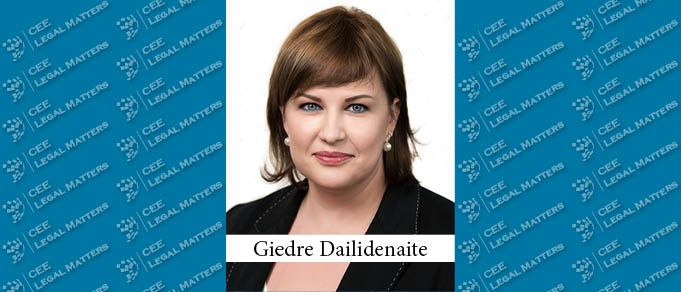Giedre Dailidenaite, Partner at Primus Derling in Vilnius, says the recent news in the Lithuanian legal community involves FinTech regulations, “in particular involving the difficulties FinTech businesses are facing with anti-money laundering and data protection issues.”
Dailidenaite says that interest in Lithuania’s FinTech sector is decreasing, and thus “it is an area we hope the government and public agencies will work more in to increase interest.”
Additionally, Lithuania is anticipating new anti-money laundering rules in early 2020, Dailidenaite says, adopting the amendments the EU recently introduced to its Anti-Money Laundering Directive. “Although it is hard to predict the ultimate effects of the law,” she says, “we already feel changes in how businesses operate following the last years’ changes in this field.” She’s not sure all these changes are a step forward, however. “For the general public they are positive, but I cannot identify them as such for businesses,” she says, adding that elements such as the disclosure of ultimate beneficiary owners are already proving challenging for the business community.
Another significant change is a new law on the insolvency of companies that will come into effect in 2020, which will change the definition and criteria for insolvency, as well as the procedure for initiating the insolvency process. Dailidenaite says that she is hopeful about the law, pointing to the opportunity to agree with creditors on aid for companies in financial distress, as well as the possibility to sell an entity without the obligations forming the basis of creditors’ claims, which were not available options in the past. “It will be interesting to observe how the law is applied in practice,” Dailidenaite says. “Up until now it has been treated as a more flexible law, but practice will show.”
Finally, Dailidenaite points to Lithuania’s May 12, 2019, Presidential elections, which saw independent candidate Gitanas Nauseda win in the second round of voting, as a positive development. Nauseda was inaugurated on Friday, July 12, 2019.

